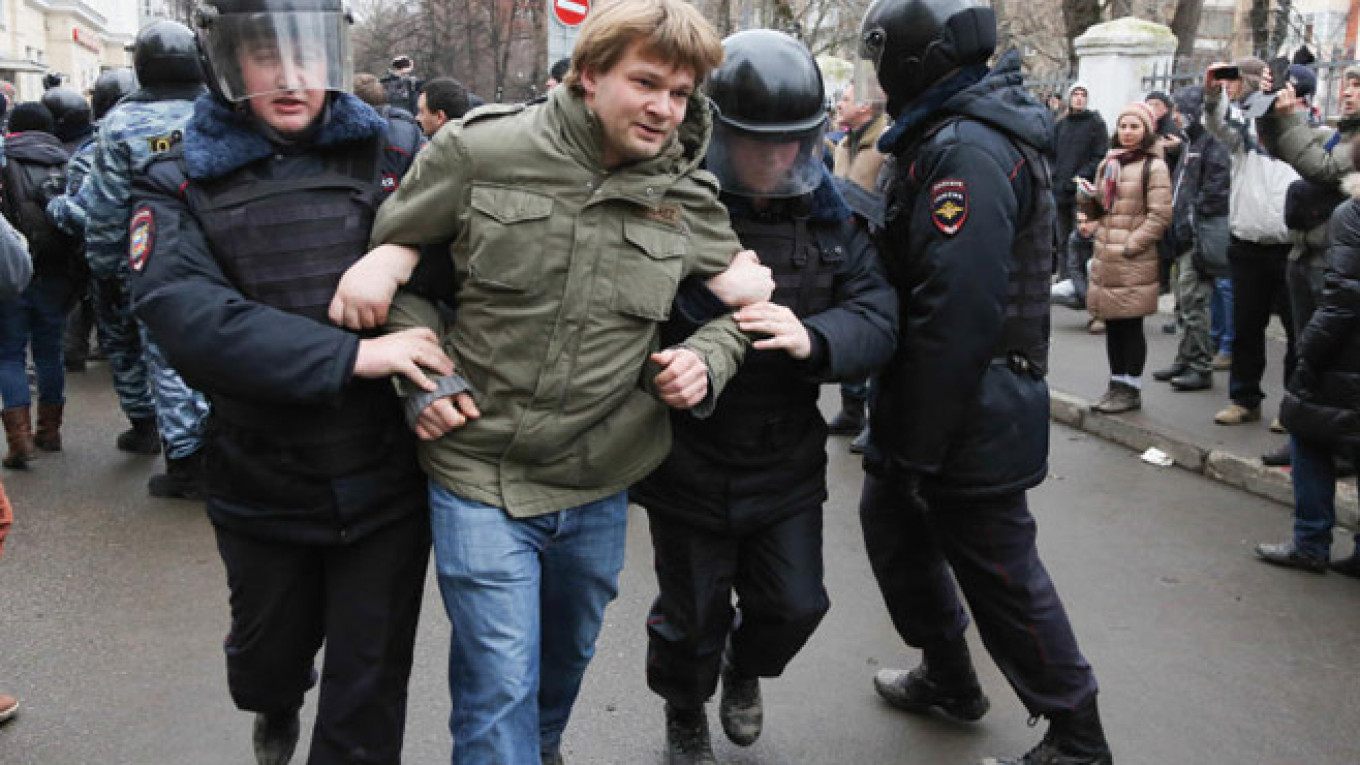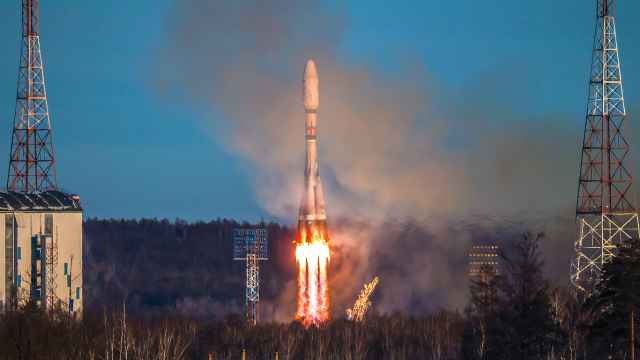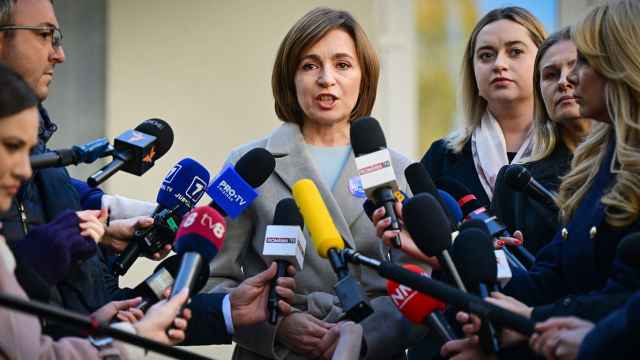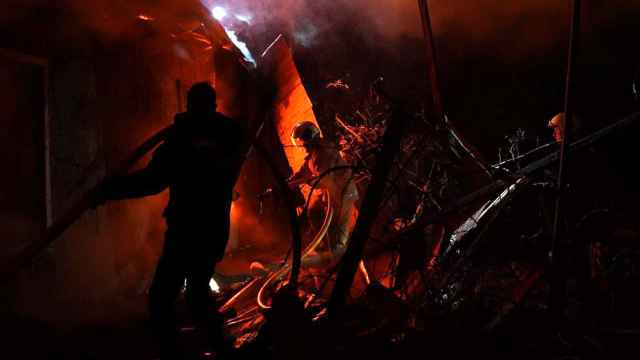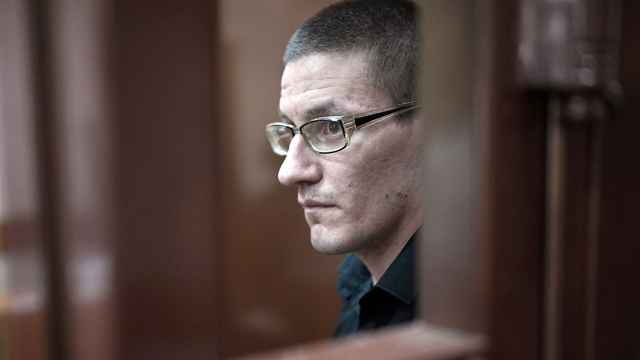Amid of flurry of new laws announced Tuesday, President Vladimir Putin signed legislation bolstering punishments for unruly protesters.
Repeat violations of the law governing public rallies can now warrant fines ranging between 600,000 and 1 million rubles ($30,000), or up to five years in prison.
The new fines impact recidivists, defined under the amended legislation as those who are caught violating the law's terms more than once within a 180-day period.
The law also increases the amount of time detained protesters can spend in police custody to 30 days, double the former limit of 15 days.
Speaking at a Security Council meeting on Tuesday, President Vladimir Putin said that while Russia will fight radicalism in the country, it will not do so by "tightening the screws."
"We will mostly rely on civil society," Putin said. "It is important that all Russians, irrespective of where they live, have equal rights and opportunities. This is the basis of democracy. The principles of the Constitution must be strictly adhered to," he said.
At the time of the bill's submission to the State Duma, its author — United Russia Deputy Alexander Sidyakin — dubbed it the "anti-Maidan law," referring to the upheaval that ousted former Ukrainian President Viktor Yanukovych, whose reign ended amid large-scale protests centered in Kiev's Maidan, or Independence Square.
Following mass protests that rocked Moscow and other Russian cities in 2011 to 2012, the federal government has taken various measures to toughen the rules regulating public rallies.
A series of measures was introduced in June 2012, when the maximum fine for violating public order during protests was increased to 300,000 rubles ($8,500), while many aspects of the organization and conduct of the rallies were strictly regulated.
Regional legislatures then adopted their own iterations of the law.
Putin also signed a law on Tuesday introducing tougher sentencing options for calls to violate Russia's territorial integrity. Violators will now face up to four years in prison, whereas the maximum punishment previously stood at three years.
See also:
Why Putin Can't Afford to Dump the Ukrainian Separatists
Contact the author at i.nechepurenko@imedia.ru
A Message from The Moscow Times:
Dear readers,
We are facing unprecedented challenges. Russia's Prosecutor General's Office has designated The Moscow Times as an "undesirable" organization, criminalizing our work and putting our staff at risk of prosecution. This follows our earlier unjust labeling as a "foreign agent."
These actions are direct attempts to silence independent journalism in Russia. The authorities claim our work "discredits the decisions of the Russian leadership." We see things differently: we strive to provide accurate, unbiased reporting on Russia.
We, the journalists of The Moscow Times, refuse to be silenced. But to continue our work, we need your help.
Your support, no matter how small, makes a world of difference. If you can, please support us monthly starting from just $2. It's quick to set up, and every contribution makes a significant impact.
By supporting The Moscow Times, you're defending open, independent journalism in the face of repression. Thank you for standing with us.
Remind me later.


